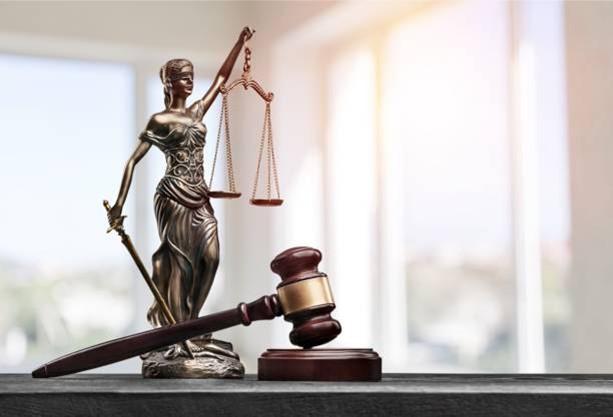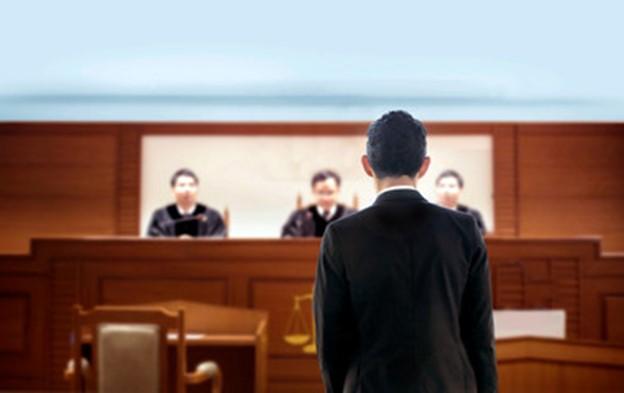The Absolute Importance Of Sydney Criminal Defence Lawyers

If you’re facing criminal charges and plead guilty or not, it’s best to get yourself a defence attorney. Representing yourself is possible, but not advised. Even if you think and feel you can, the court won’t be in your favour most of the time. Also, being in court isn’t just limited to defending yourself in sessions, but there are tons of legalities to think about and paperwork to go about it.
This idea is not only supported in the eyes of the law. Studies have been conducted to logically see the importance of defence lawyers in the overall result of a criminal case. One recent research done by The Yale Law Journal states that the use of defence counsel makes a striking difference with the results. Subjects of the study being Philadelphia Public defenders reduce the chances of their client to have life-sentence by 62% and overall lowers their time served in prison by 24%. With this cemented knowledge, it’s time to find out what to look for in an excellent criminal defence lawyer.
What Do They Do?
Each criminal case is unique from each other; thus, there is no uniform way or strategy to go about it. For this reason, defence lawyers are trained to be versatile and flexible in their expertise. They can identify parts that don’t quite add up and use that to turn the tables to your (slight) advantage.
The best lawyers can spot holes in arguments, stories, and even the evidence itself to somehow logically reason out on how you may win the case. Even if you are truly guilty, your lawyer will be able to lessen your jail time and reduce fines this way.
General Responsibilities of A Criminal Defence Lawyer
Some of them are:
- Talking with the client in regards to strategies and other crucial court information
- Note-taking for the case
- Reading documents, evidence, etc.
- Consistent communication with the client via emails, calls, or personal meetings
Sometimes, case preparations take months to prepare to ensure there are no surprises when the day of the trial comes. Court sessions can last from mere hours to months, depending on how grave the accusations are, and these daily responsibilities help the lawyer build a solid case in the meantime.
Special Responsibilities
- Pleas And Bargains
Only your lawyer can work with you and the prosecutor in a “plea bargain”. A plea bargain is an agreement between the defendant and the prosecutor in which the latter will plead guilty, thus get a lighter sentence than what was initially planned.
This can be based on three factors, which is: the seriousness of the crime, how reliable the evidence is, and the possibility of a guilty verdict. However, it is important to note that most prosecutors are not willing to work with self-representing defendants, thus having your defence lawyer is crucial. Reputable law firms such as sydneycriminaldefenceandtrafficlawyers.com.au is the to-go in choosing a great lawyer. It not only cements your eligibility for a plea bargain but also gives you reassurance and someone to trust in a difficult time.
- In Terms Of The Sentencing
Having an attorney means you’ll have a greater chance of reducing the severity of your sentence. If you were found guilty or currently standing at a disadvantage, having one can make a big difference in how your punishment will be handled.
For example, if you are sentenced to a full year for possession of drugs, your defence attorney will suggest six months of jail time and six months in a rehabilitation facility. This is undoubtedly better than facing a full year in prison.
- Knowledge About The Law
This might be common sense, but lawyers know much more about the law and have a firm grasp of it than you, in all aspects. This means there are rules that will take you years to find and years more to familiarize and use it in court. Especially for those unfamiliar with the Australian law or immigrants, you might be unaware of the difference between the rights of a police search between the US and Australian citizen. There are a lot more nuances found in the law that only a professional lawyer can handle and find loopholes in.
- Reality-check
More than you, your lawyer has the most knowledge on what’s about to come, primarily the result of the trial. Early on, through hearings and evidence, they can already evaluate if you can still win a case or not. This is crucial for a defendant and can ultimately influence their decision on alternative solutions, such as a plea bargain.
- The Result Of “Pleading Guilty.”
It is because of this that legal counsel is strongly advised in courts. Do you ever wonder why the honourable judge tells a defendant to get a lawyer? This is one of those reasons. Many self-represented defendants across Australia do not have a full grasp of the consequences they might make when they plead guilty. One of these consequences is the difficulty of getting or maintaining a job after the sentence, which your lawyer will point out.
What You Need To Look For In A Lawyer

We often want someone who will listen to our story and deem it to be factual, especially if that is the truth. And frequently, we want our lawyer not just listen, but follow our every decision as well. But here’s the rub— you’re looking for someone to defend you in court effectively, not a therapist. The lawyer you need may have these characteristics:
- Is Responsive - Your lawyer has to be accessible at all times for any additional information. Someone who can’t even return your calls can already be deemed unprofessional.
- Has Specialization in criminal law - Since your case is a criminal case, it’s a given you choose a lawyer that specializes in those types. If the website or law firm doesn’t mention this, then you might have to look elsewhere.
- Has Experience in Local Courts - A lawyer that knows the ins and outs of the court and judges is a lawyer you most definitely need to win.
- Has Positive referrals - A reputable lawyer doesn’t need to advertise or speak highly of himself; just the opinion of many satisfied clients is enough.
- Is a critical thinker - The trial can require your lawyer to be a quick thinker to respond soundly and logically. Having an essential thinker to defend you will assure you no mistakes or loopholes will compromise your case.
More to Read:
Previous Posts:







